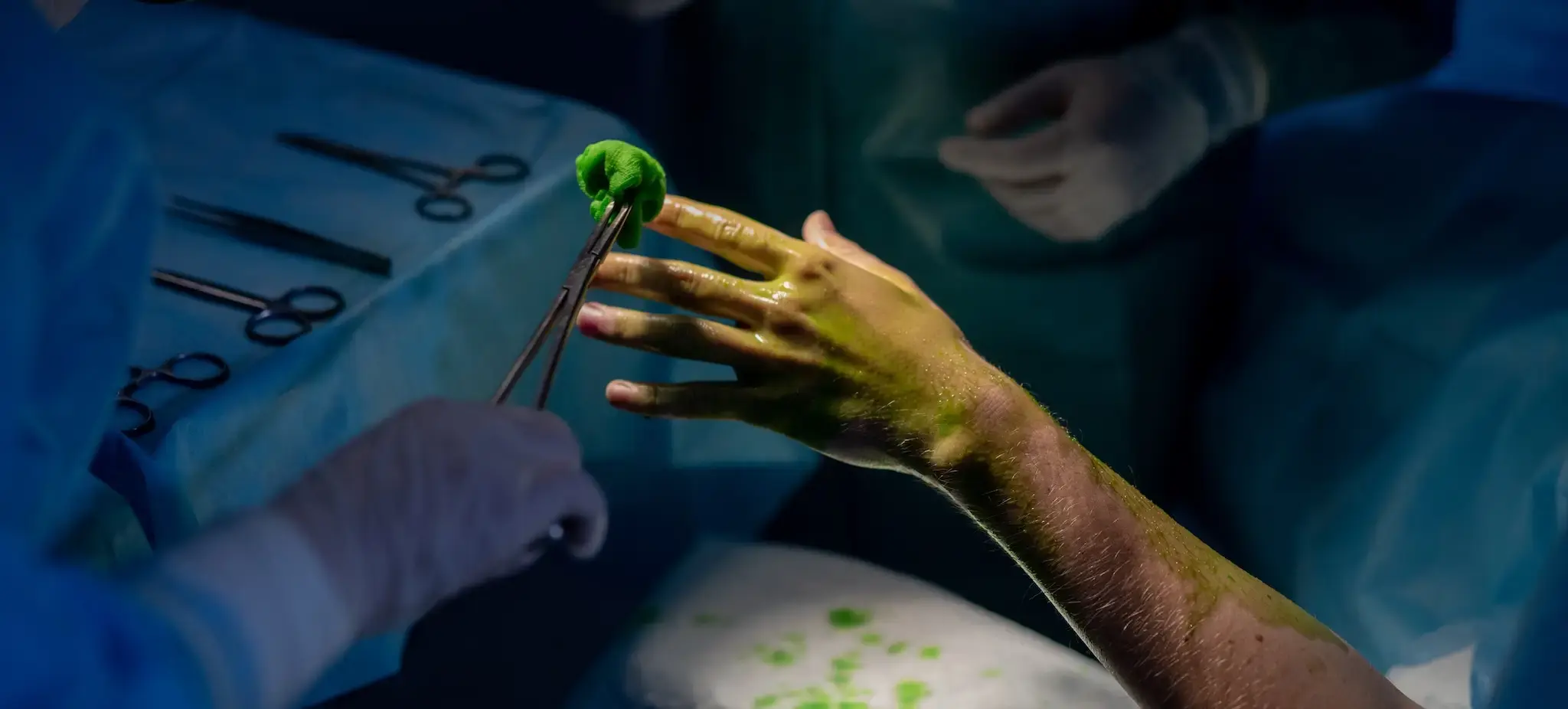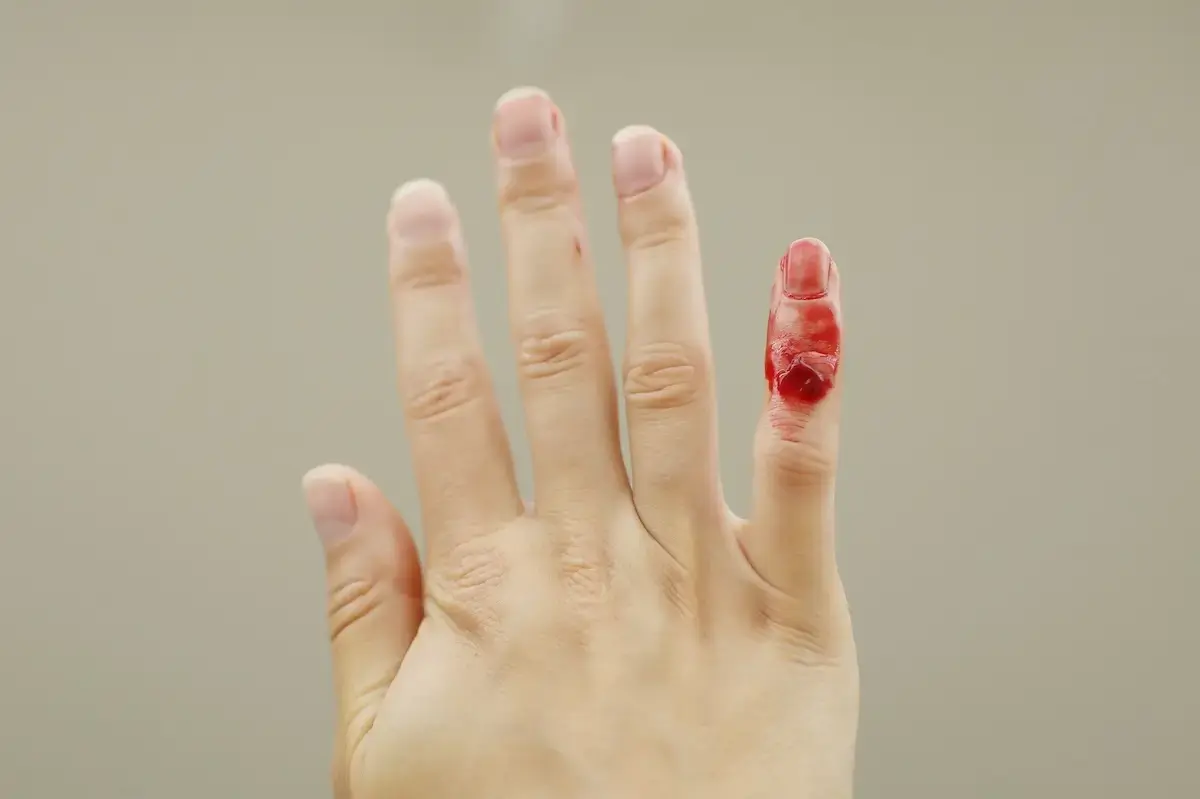What Types of Finger Injuries Are Covered by Workers’ Comp?
There are multiple types of finger injuries that can occur on the job, either on-site in a workplace or off-site when performing various duties. Causes of finger injuries can include accidents such as slips and falls, heavy lifting, falling objects, car accidents, and others. Injuries may be immediate or develop over a period of time as a result of repeated stress on the various muscles, joints, or tendons that comprise the fingers.
Some of the most common types of finger injuries that occur include:
- Sprains: Finger sprains occur when the ligaments that support the joints are stretched or torn, often due to sudden twisting, impact, or overextension. These injuries typically result in pain, swelling, bruising, and difficulty bending or straightening the finger.
- Strains: A strain affects the muscles or tendons in the finger, usually caused by overuse or repetitive motion. Workers who perform repetitive tasks may experience finger strains that cause stiffness, weakness, and localized discomfort.
- Bruises: Bruises occur when a finger sustains direct impact from a heavy object or collision, damaging the underlying blood vessels without breaking the skin. Bruises often cause swelling, discoloration, and tenderness.
- Tendon Injuries (Mallet Finger): Mallet finger happens when the tendon that straightens the fingertip is damaged, typically due to a sudden force that bends the tip of the finger. This injury can leave the fingertip drooping and unable to fully extend, requiring splinting or even surgery.
- Dislocations: A finger dislocation occurs when the bones in a finger joint are forced out of alignment, usually from a fall or machinery-related accident. Dislocations can cause intense pain, visible deformity, swelling, and reduced finger mobility until properly realigned.
- Crushing Injuries: Often seen in construction, manufacturing, or warehousing environments, crushing injuries happen when a finger is caught between heavy objects or machinery. These injuries can lead to severe tissue damage, fractures, or even amputation, depending on the severity.
- Carpal Tunnel Syndrome: Though primarily a wrist condition, carpal tunnel syndrome affects finger function, especially the thumb, index, and middle fingers. Caused by pressure on the median nerve, it leads to numbness, tingling, weakness, and difficulty performing fine motor tasks.



